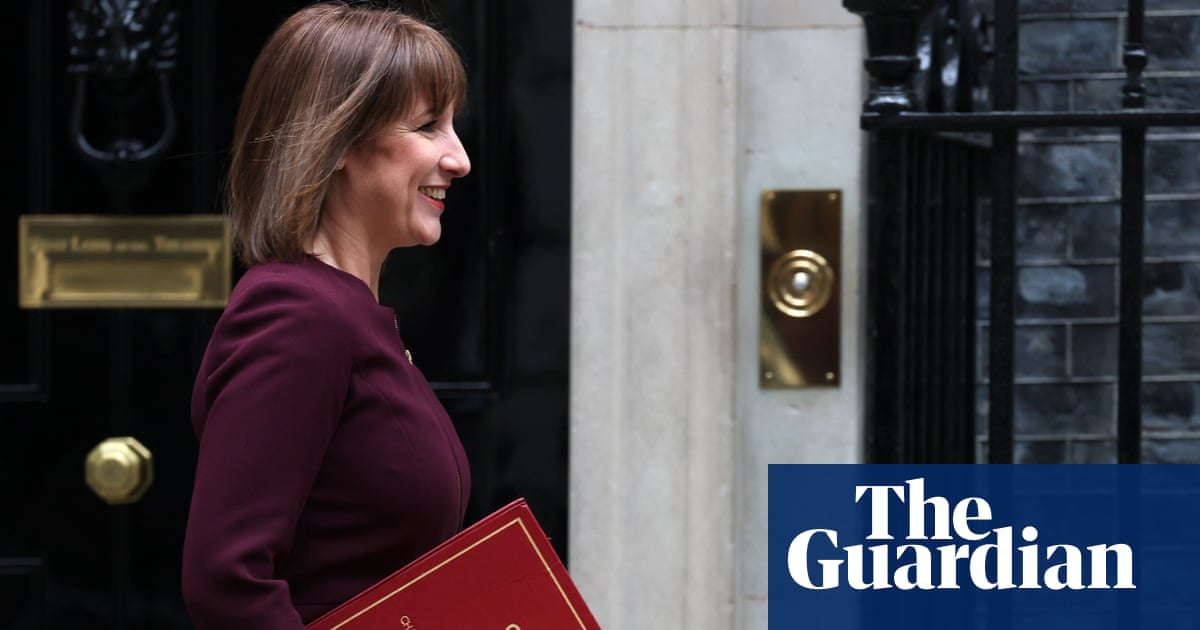When Merck abruptly scrapped its billion-pound London research hub last week, critics blamed Britain’s lacklustre support for life sciences and a Scrooge-like grip on NHS drug prices. But one important factor may have been missed. That Merck, which is also cutting jobs elsewhere – 6,000 globally – is recalibrating not just in response to the UK or the US, but to China.
Merck’s cash cow is pembrolizumab (brand name Keytruda), an immunotherapy drug launched in 2014 that has successfully treated advanced melanoma, head and neck, lung, cervical and other cancers. It blocks an antibody called PD-1, teaching the immune system to fight the cancer. Because some patients are out of other options, the results sometimes seem miraculous.
But Keytruda’s patent runs out in 2028. And now there is another drug on the global market, called ivonescimab, made by Akeso Biopharma. In head-to-head trials, reported in the Lancet journal in March, the innovative Chinese drug, which hits an additional tumour target, outperformed Merck’s – and it’s cheaper. The World Health Organization now lists PD-1 drugs as essential medicines worldwide, with no special status for Keytruda. No wonder Merck is cutting costs.
Experts warn that this is no flash in the pan. Both treatments are products of a shift in the technology from pharma to biopharma. The former delivered mass-market drugs; the latter produces bespoke, high‑cost therapies. Richard Sullivan, professor of cancer and global health at King’s College London, and Lewis Husain, a research fellow at the Institute of Development Studies, wrote earlier this year that China, once seen as a follower, is now emerging as a global leader in cutting-edge biopharmaceutical treatments, reshaping the competitive landscape.
The closure of Merck’s UK research centre, with the loss of 125 scientist positions, is another setback for the government’s biopharma ambitions. AstraZeneca has already scrapped vaccine research expansion in Liverpool. In an interview with the BBC, Sir John Bell, Oxford’s former regius professor of medicine, said industry bosses had told him that they see Britain as a poor bet. They demand more subsidies, higher drug-price caps and fast NHS approval for expensive new biopharma treatments. Yet these niche therapies benefit only a small number of patients, and higher spending on them inevitably leaves less for everyone else’s healthcare.
Donald Trump is setting the mood music, demanding drug firms make their medicines in the US. Merck, known as MSD in Europe but headquartered in New Jersey, will be looking to oblige. The nominally Anglo-Swedish AstraZeneca, which followed Merck by announcing it was “pausing” a £200m research expansion in Cambridge, in July pledged to spend £37bn on research and development and manufacturing in the US by 2030.
But this is a global industry. AstraZeneca, Pfizer, Roche and GSK are among the big players now doing deals to develop new Chinese drugs. Countries will buy the best medicines they can afford, which may be Chinese. Britain can’t just rely on price caps and vague industrial strategy promises. It needs to examine how rivals structure their incentives, regulation and support – and then decide where it can compete. That doesn’t mean simply inflating the NHS drugs bill, but targeting strengths. With the US retreating from mRNA – the platform behind the most widespread Covid vaccines – Britain has a rare opening.
-
Do you have an opinion on the issues raised in this article? If you would like to submit a response of up to 300 words by email to be considered for publication in our letters section, please click here.

.png) 1 month ago
42
1 month ago
42

















































